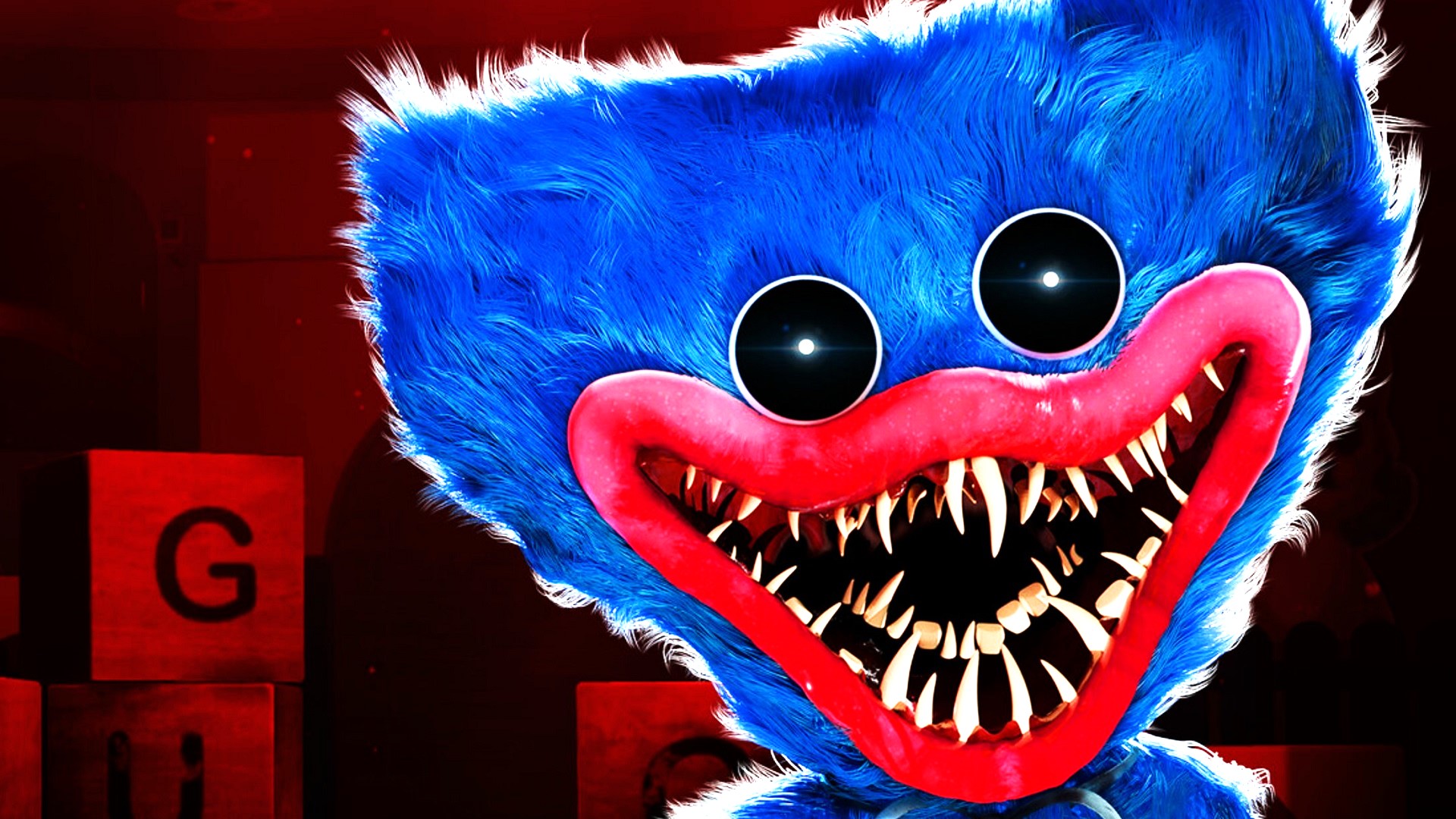
As reported by Polygon and TorrentFreak, Mob Entertainment, the studio behind popular Five Nights at Freddy's-alike Poppy Playtime, has filed a lawsuit against Google for failing to remove fraudulent Poppy Playtime apps from its Android Play Store.
At first blush, I assumed this had to do with those weird fake games whose ads you see all over YouTube and Twitter, but it's somehow even worse than that: The outfit in question, Daigo Game 2020, has products on the Play Store literally titled "Poppy Playtime Chapter 4" and "Poppy Playtime: Chapter 3." At the time of writing, these apps are still available for download. Daigo Game 2020's previous works, including "Minecraft 2020" and a sampling of similarly unlicensed Skibidi Toilet games, have unsurprisingly been removed from the store.
The false Poppies have a staggering 1.1 million downloads between the two of them. The apps are free, a sort of "too good to be true" temptation likely targeting Poppy Playtime's younger and less savvy fans. Like FNAF before it, Poppy Playtime strikes me as one of those little cousin/nephew phenomena, and Mob Entertainment boasts a mind-boggling 40 million players of its games across all platforms. After downloading the fake apps, users are prompted to pay between $30 and $95 to access the "game," with the payment netting you nothing more than a "link to a dead webpage" according to the lawsuit.
Mob Entertainment says Google took the imposter apps down after inquiries and a DMCA request, only to bafflingly reinstate them days later. Mob Entertainment is asking for the apps to be taken down for real this time, as well as $150,000 in damages for each one.
I know that Google is an enormous company, with YouTube and the Play Store likely existing in their own silos, but this utterly confounding unforced error is only more absurd when you consider how aggressive Google is about copyright takedowns in the company's other initiatives. Stories of YouTubers dinged with fraudulent or frivolous copyright claims are pretty common, and Nintendo has even used this system to target channels that show off emulators. The Daigo Game 2020 situation is decidedly not that, and it's a wonder the outfit was even allowed to continue uploading to the app store after its Minecraft and Skibidi-related ventures.







